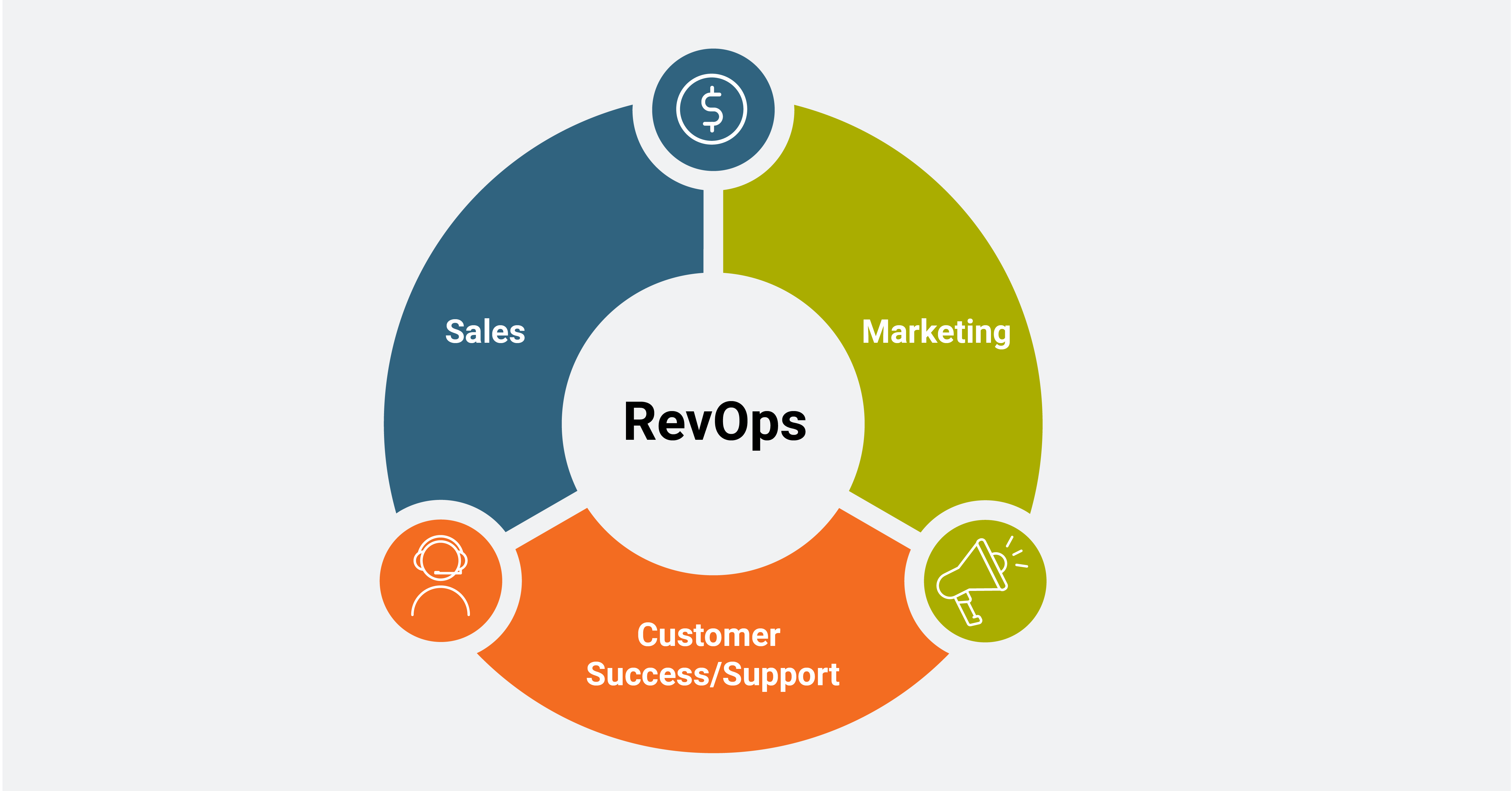Investors flocked to software stocks during the pandemic, as the need for work-from-home technology solutions surged. But since the beginning of this year, some investors have fled tech stocks as they’ve looked to other sectors that they think will grow as the U.S. economy opens back up.
This has resulted in the share prices of some fantastic software stocks to take a hit, leaving investors with some great buying opportunities. We asked a few Motley Fool contributors for several software stocks that are screaming bargains right now and they came back with Twilio (NYSE:TWLO), DocuSign (NASDAQ:DOCU), and Okta (NASDAQ:OKTA). Here’s why.

Image source: Getty Images.
This customer engagement platform is being underestimated
Brian Withers (Twilio): Twilio reported 49% year-over-year organic revenue growth for its most recent quarter and the market yawned. The stock even sold off almost 10% the day after earnings were released. As of May 6, overall the shares are down more than 30% off the high from earlier in the year, making this growth stock a bargain today for long-term-minded investors. Let’s look at why.
First, the results from this quarter were stellar. Revenue was a solid $590 million, including $45 million from its most recent acquisition of the customer data platform company, Segment. This makes its organic growth essentially flat quarter over quarter, but there’s good news that the naysayers may be missing.
Customer growth continues to be solid and presents new cross-selling opportunities between Segment and legacy Twilio customers. This is already starting to pay off as management reported a key customer win in the quarter. CFO Khozema Shipchandler indicated that the integration efforts are on track, and highlighted “strong collaboration models” between non-integrated functions like marketing and sales.
|
Metric |
Q1 2020 |
Q4 2020 |
Q1 2021 |
QOQ change |
YOY change |
|---|---|---|---|---|---|
|
Revenue |
$365 million |
$548 million |
$590 million* |
8% |
65% |
|
Active customer accounts |
190,000 |
221,000 |
235,000 |
6% |
24% |
|
Dollar based net expansion (DBNE) |
135%** |
137% |
133% |
(2%) |
+2% |
Data source: Company earnings reports. QOQ = quarter over quarter. YOY = year over year. *Note: Q1 2021 includes $44.6 million in revenue from the Segment acquisition, which is not included in prior quarters. **Q1 2020 DBNE doesn’t include the impact of the SendGrid acquisition.
Lastly, customers continue to vote with their dollars, spending 33% more than they did in the previous 12 months. This is the fifth sequential quarter of 130%-plus dollar-based net expansion and doesn’t yet include benefits from the recent acquisition.
Management expects at least 47% year-over-year revenue growth next quarter, including contributions from Twilio Segment. Integration of the newly acquired customer data platform is underway, and the research and development (R&D) team is being reorganized to accelerate the efforts. Segment’s founder and CEO, Peter Reinhardt, will move into one of the three key R&D leadership roles reporting to CEO Jeff Lawson, and will be responsible for the data platform. Simon Khalaf has been promoted to lead the communications platform development team. With the resignation of Chee Chew, chief product officer, the company will start a search for the third R&D leader for its core platform.
Segment’s customer data segment contributed less than 8% of the overall revenue this quarter, but the opportunity is tremendous. The market for these tools is estimated at $17 billion, but it also strengthens Twilio’s overall offering for its customers, providing more chances to upsell and become more deeply embedded into a customer’s information technology stack. The future is incredibly bright for this fast-growing software platform, which makes it look like a screaming bargain right now. Long-term-focused investors could do well to add a few shares to their portfolio today.

Image source: Getty Images.
Digital signatures is just the beginning
Danny Vena (DocuSign): Last year was a remarkable one for DocuSign. The onset of the pandemic and the pivot to remote work resulted in a surge in the need for electronic signatures, causing DocuSign’s stock to jump 200%. As a result, some have mistakenly labeled the digital signature specialist a pandemic stock, giving savvy investors the opportunity to pick up shares on the cheap.
DocuSign is the undisputed leader in the nascent e-signature segment, with an impressive set of credentials to match. Agreements signed with DocuSign are legally accepted in more than 180 countries. The company developed industry-leading standards for electronic/digital signatures and ID verification, which comply with industry- and region-specific laws. Additionally, documents can be signed in 44 languages and sent in 14, making it a truly global solution.
The company boasts hundreds of millions of users, with more than 892,000 paying customers. DocuSign also counts among its customers 10 of the top 15 global financial companies, 18 of the top 20 global pharmaceutical companies, and seven of the top 10 global technology companies. As a result, DocuSign controls an estimated 70% of the e-signature market.
By using DocuSign, businesses save time and money. The average DocuSign agreement is completed within one day, roughly nine days quicker than signing paper documents. This comes out to a savings of roughly $36 per document on average, compared to paper processes.
Yet e-signatures is just the beginning of DocuSign’s offerings. In early 2019, the company jumped into contract lifecycle management (CLM) when it debuted the DocuSign Agreement Cloud. The platform provides a suite of applications and integrations designed to help organizations automate the entire agreement process. CLM contains many unique phases, including initiation, authoring, process and workflow, negotiation, approval, execution, management and compliance, and renewal. The Agreement Cloud provides solutions that simplify work along every step of the process.
As CEO Dan Springer pointed out last year, digital signatures are just the start of a customer’s journey with DocuSign. “Typically, eSignature is the first step that many customers take on their broader digital transformation journey with us,” Springer said. “So from a financial point of view, we believe this surge in eSignature adoption bodes well for future agreement cloud expansion.”
DocuSign’s financials paint a stunning picture. The company generated revenue of $1.5 billion last year, up 49%, while subscription revenue grew 50%. Billings — which includes sales that have been contracted but not yet included in revenue — climbed to $1.7 billion, up 56%. While the company is still unprofitable, it generates copious amounts of cash. Operating cash flow doubled to $297 million last year, while free cash flow of $215 million grew 388% — which should help alleviate any concerns about profits.
It’s also worth noting that with the addition of the Document Cloud, DocuSign has doubled its total addressable market to roughly $50 billion, which pales in comparison to its revenue of $1.5 billion last year.
I think this all makes DocuSign a screaming buy.

Image source: Getty Images.
Okta is accessing a huge opportunity
Chris Neiger (Okta): Okta’s software acts as a gatekeeper for online users, giving access to those who are supposed to have it, and denying it for those who aren’t. The company has established itself as a key player in the identity and access management (IAM) market, which the company believes it has an $80 billion total addressable market in.
Okta’s businesses benefited immensely as lockdowns and social distancing forced many workers to perform their jobs at home last year. But with the U.S. economy beginning to open back up, some investors have incorrectly viewed the company as a so-called pandemic stock and have sold their shares. The result? Okta’s share price is down nearly 6% year to date.
That’s unfortunate for shortsighted investors, but for long-term investors, the recent sell-off has created a fantastic buying opportunity. Because even though the pandemic helped accelerate Okta’s growth — it reached 10,000 customers at the end of 2020 — it’s nowhere near done growing.
For example, the company just closed its acquisition of Auth0, a popular identity platform for developers. The purchase should help secure Okta’s position even further in the IAM market and make it even easier for its customers to use its services.
The fact is that even after the pandemic is behind us, the need for protecting company data will remain. Okta has already increased its TAM in identity management from $55 billion to $80 billion by moving into identity governance administration and privileged access management just last month.
With its recent expansion into new areas of identity management, and its acquisition of Auth0, Okta is positioning itself to become an even stronger IAM platform than it already is. And with the company’s share price recently taking a hit, now is a great time to start a position with this stock.
This article represents the opinion of the writer, who may disagree with the “official” recommendation position of a Motley Fool premium advisory service. We’re motley! Questioning an investing thesis — even one of our own — helps us all think critically about investing and make decisions that help us become smarter, happier, and richer.




